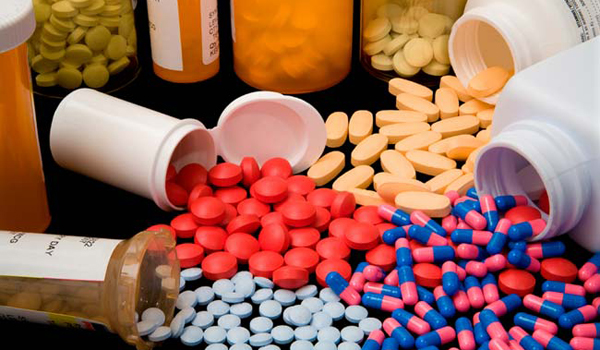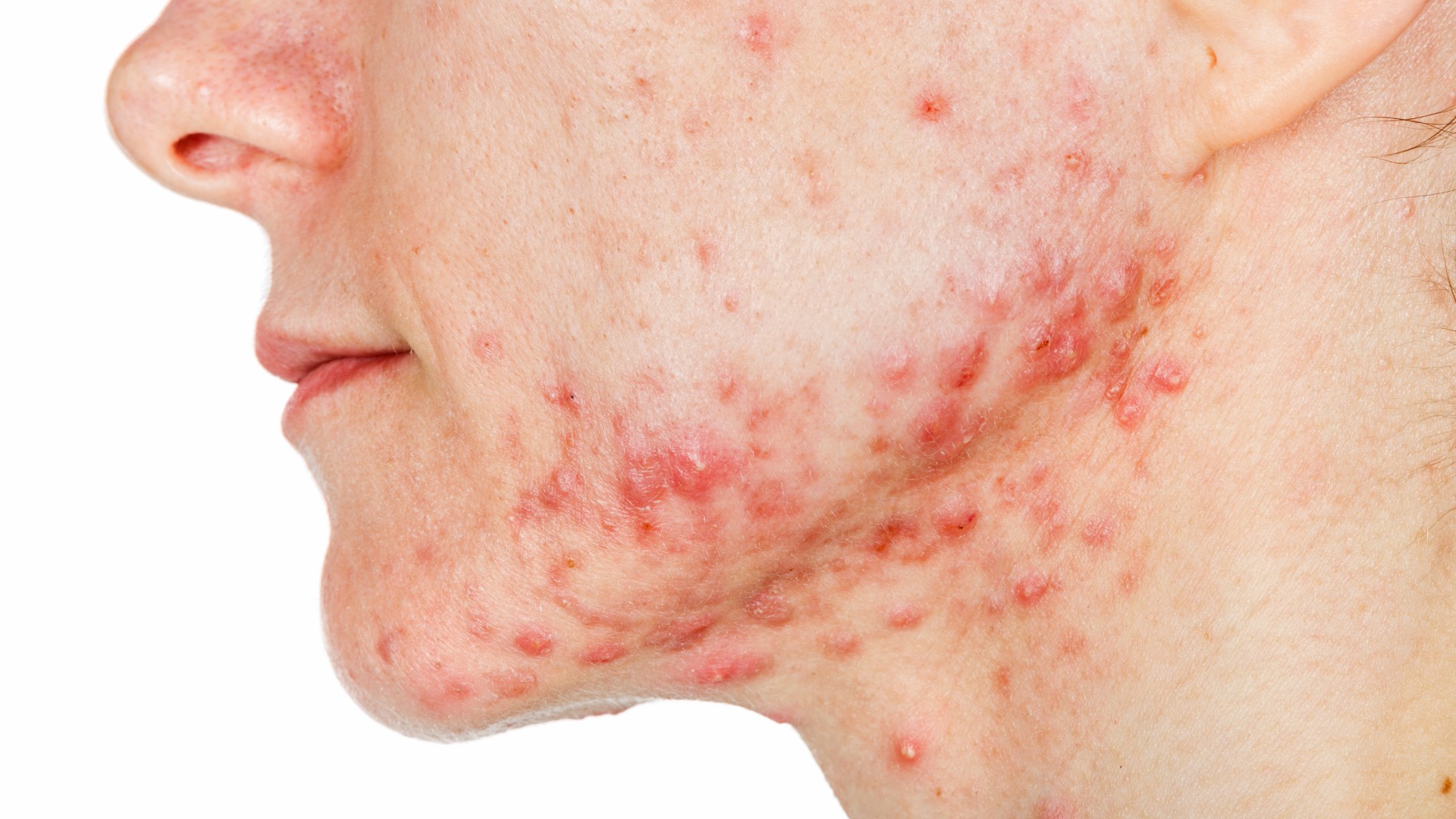Erectile Dysfunction Risk Grows with Number of Medications

Men who regularly take several medications are at increased risk for sexual problems , a new study says.
In the study, the more drugs men took, the higher their risk of erectile dysfunction (ED). Participants who took 10 or more medications were 1.6 times more likely to have ED compared with those who took fewer than two medications.
The results held even after the researchers took into account other factors that may increase the risk of ED, including older age, a higher body mass index (BMI), diabetes and a history of smoking.
The findings suggest doctors should review the current medications of ED patients, and decrease use of medications when possible, the researchers said. In some situations, lifestyle changes, such as increases in exercise and changes in diet, could take the place of drugs, the researchers said. Such modifications might also decrease the risk of ED.
"Sometimes patients could be on many more medications than absolutely necessary. As doctors or patients, we can always try to cut down on the number of medications taken at every doctor's visit," said study researcher Dr. Diana C. Londoño, a urologist a Kaiser Permanente Los Angeles Medical Center. "If we're conscious of that, I think that could help patients who have ED."
Reducing the number of medications a patient takes is also good for overall health, Londoño said.
The findings were published online today (Nov. 15) in the British Journal of Urology International.
Sign up for the Live Science daily newsletter now
Get the world’s most fascinating discoveries delivered straight to your inbox.
Medications and ED
The study, done in 2002 and 2003, involved more than 37,700 men from Southern California between the ages of 46 and 69. Participants were asked how frequently they were able to sustain an erection rigid enough for sexual activity, and about their use of over-the-counter medications. The researchers collected information about prescription medications from pharmacy records.
Twenty-nine percent of participants were classified as having moderate to severe ED, based on their answers to questions about their sexual function.
The medications most commonly associated with ED were treatments for high blood pressure, such as beta blockers and thiazides, medications often used to treat depression and anxiety, such as selective serotonin reuptake inhibitors, and other medications known to interfere with testosterone levels.
Close to 60 percent of participants took more than three medications, and 25 percent took at least 10 medications. The study included both prescription and over-the-counter medications.
Among men with moderate ED, about 30 percent were taking 10 or more medications, whereas 15 percent were taking two or fewer medications. The findings were true regardless of the type of medication.
Use of multiple medications was also associated with increased severity of ED. About 30 percent of men taking 10 or more medications had severe ED, compared with just 6.9 percent of patients who took two or fewer medications.
Why the link
The researchers aren't sure how the use of multiple medications may increase the risk of ED, but it's possible that interactions between medications may play a role, Londoño said. It could be that many of these medications have small effects on ED, even though such side effects are not written on the label, said Dr. Andrew Kramer, a urologist at the University of Maryland Medical Center, who was not involved in the study.
"We don't recognize how much these medications do effect subtle changes in ED," Kramer said. And even slight changes in erectile function can have an impact on a man's sexual activity. "It doesn't take much for a guy to notice ED," Kramer said.
Doctors should consider use of multiple medications as a possible contributing factor to ED when other causes have been ruled out, the researchers said.
Pass it on: Using multiple medications is linked with an increased risk of erectile dysfunction.
This story was provided by MyHealthNewsDaily, a sister site to Live Science. Follow MyHealthNewsDaily staff writer Rachael Rettner on Twitter @RachaelRettner. Find us on Facebook.

Rachael is a Live Science contributor, and was a former channel editor and senior writer for Live Science between 2010 and 2022. She has a master's degree in journalism from New York University's Science, Health and Environmental Reporting Program. She also holds a B.S. in molecular biology and an M.S. in biology from the University of California, San Diego. Her work has appeared in Scienceline, The Washington Post and Scientific American.









